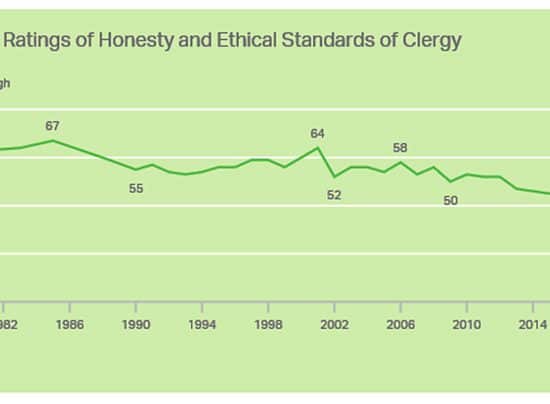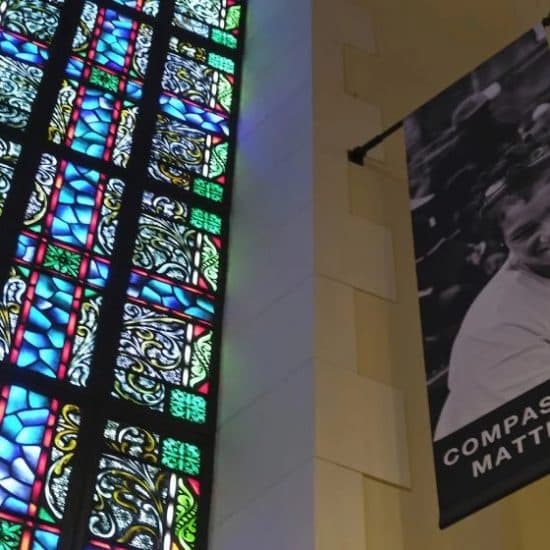MADISON, Wis. (ABP) – A group of non-believers opposed to government preference and favoritism toward religion has filed a lawsuit seeking to have a federal law that allows clergy members tax breaks on living expenses declared unconstitutional.
The Wisconsin-based Freedom From Religion Foundation sued Sept. 13 in federal court in Madison alleging that allowing ministers to receive tax breaks unavailable to other taxpayers violates both the Establishment and Equal Protection clauses of the United States Constitution.
A federal law passed in 1954 exempts clergy from paying taxes on portions of their income designated as a ministerial housing allowance. It covers the amount actually used to purchase or rent a home, including furnishings and utilities.
Recently the U.S. Tax Court interpreted the law to apply even to multiple homes, ruling 7-6 that Phil Driscoll, an ordained minister and Grammy Award-winning trumpeter who went to prison for tax evasion, didn't owe federal income taxes on more than $400,000 provided by his ministry to buy a second home on a lake near Cleveland, Tenn.
Employees of the Freedom From Religion Foundation say they also receive a housing allowance as part of their compensation, but they do not qualify for tax exemption because they are not practicing ministers. One of the plaintiffs claims to be an ordained minister who benefitted from housing allowances paid to him by prior church employers but does not qualify now that he is no longer a preaching minister.
"Preferential tax benefits provided exclusively to religious clergy violate the Establishment Clause,” the group argued. “Neutrality is required by the Establishment Clause, which means that tax benefits cannot be preferentially provided to ministers of the gospel."
The lawsuit claims that in order to enforce the tax law the IRS and Treasury Department must “make sensitive, fact intensive, intrusive, and subjective determinations” on religious issues like which activities constitute “religious worship” and whether a member of the clergy is “duly ordained, commissioned or licensed.” Those and other determinations result in “excessive entanglement” between church and state contrary to the Establishment Clause.
“We don’t think the general public realizes the scope of this preferential treatment, how many everyday expenses may be excluded from taxable income for ministers and even retired ministers,” said Plaintiff Annie Laurie Gaylor, executive editor of the periodical Freethought Today. She called it “pure discrimination” to deny the same privileges to atheist leaders.
The foundation withdrew an earlier lawsuit challenging the ministerial housing allowance after a Supreme Court ruling that only plaintiffs who have been directly injured are entitled to win a lawsuit.
Congress passed a law in 2002 to protect and clarify the clergy housing allowance, following a high profile legal battle between the IRS and Purpose Driven Life author Rick Warren.
-30-
Bob Allen is managing editor of Associated Baptist Press.




